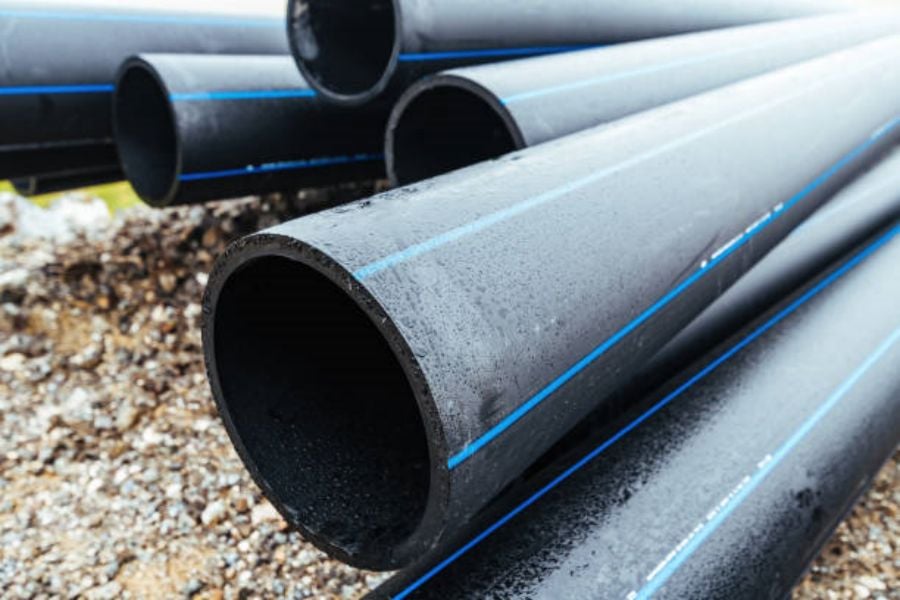The Benefits of Perforated Plastic Pipe
Perforated plastic pipe is a versatile and efficient solution for various drainage and water management applications. Its unique design, which features evenly spaced holes along the length of the pipe, allows for the controlled flow of water while preventing the accumulation of debris. In this article, we will explore the many uses and advantages of perforated plastic pipe.
1. Drainage Systems
One of the primary uses of perforated plastic pipe is in drainage systems. Whether it's for residential, commercial, or agricultural purposes, perforated pipes effectively collect and divert excess water away from structures and landscapes. They are commonly used in applications such as foundation drainage, French drains, and agricultural field drainage.
2. Stormwater Management
In urban areas, stormwater runoff can be a significant problem, leading to flooding and erosion. Perforated plastic pipe plays a crucial role in stormwater management by allowing water to seep into the ground gradually. This helps to reduce the burden on municipal drainage systems and prevent the overload of waterways during heavy rainfall.
3. Agricultural Irrigation
Perforated plastic pipe is widely used in agricultural irrigation systems. By distributing water evenly along its length, it ensures that crops receive the necessary moisture for optimal growth. The perforations in the pipe allow water to seep into the soil slowly, preventing waterlogging and ensuring that the roots have access to both water and oxygen.
4. Landscaping and Garden Drainage
When it comes to landscaping and garden drainage, perforated plastic pipe is a reliable solution. It helps prevent waterlogging in areas prone to excessive moisture, such as lawns, flower beds, and garden beds. By efficiently draining excess water, it promotes healthy plant growth and prevents soil erosion.
5. Geothermal Systems
Perforated plastic pipe is also used in geothermal systems, which harness the earth's natural heat for heating and cooling purposes. The perforations in the pipe allow for the circulation of a heat transfer fluid, which absorbs or releases heat from the ground. This helps maintain a comfortable indoor temperature and reduces energy consumption.
6. Groundwater Recharge
Groundwater recharge is the process of replenishing underground water sources. Perforated plastic pipes are commonly used in groundwater recharge systems to facilitate the infiltration of water into the ground. This helps recharge aquifers and maintain a sustainable water supply in regions where water scarcity is a concern.
7. Septic Systems
In septic systems, perforated plastic pipe is utilized in the leach field or drain field. It allows the effluent from the septic tank to slowly seep into the surrounding soil, where it undergoes natural filtration and purification. The perforations in the pipe ensure an even distribution of effluent, preventing potential system failures or clogging.
8. Subsurface Drainage
Perforated plastic pipe is often employed in subsurface drainage systems to remove excess water from low-lying areas or areas with poor soil drainage. It helps prevent soil saturation, which can lead to structural damage, crop loss, and waterlogging. The pipe's perforations allow water to enter and flow through it, effectively draining the area.
9. Roadway and Highway Drainage
Efficient drainage is critical for the longevity and safety of roadways and highways. Perforated plastic pipe is commonly used in roadway and highway drainage systems to collect and divert water away from the surface. This helps prevent the accumulation of water on the road, reducing the risk of accidents and minimizing pavement damage.
10. Environmental Applications
Perforated plastic pipe finds applications in various environmental projects, including landfill leachate collection, remediation systems, and erosion control. Its ability to control the flow of water and prevent the buildup of unwanted substances makes it an essential component in these applications, promoting environmental sustainability.

